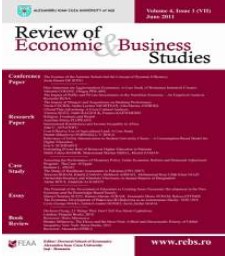THE ESSENCE OF THE AUSTRIAN SCHOOL AND THE CONCEPT OF DYNAMIC EFFICIENCY
THE ESSENCE OF THE AUSTRIAN SCHOOL AND THE CONCEPT OF DYNAMIC EFFICIENCY
Author(s): Jesús Huerta De SotoSubject(s): Political Philosophy, Economic history, History of Education, 16th Century, 17th Century, Philosophy of Education
Published by: Editura Universităţii »Alexandru Ioan Cuza« din Iaşi
Keywords: Austrian School of Economics; Spanish Scholastics; Intellectual influence; Liberalism;
Summary/Abstract: Now let me begin by making a few points on the true origin of the Austrian School of Economics, which should be traced back to the works of the Spanish Scholastics of what is known as the “Siglo de Oro Español” (in english the “Spanish Golden Age”), which ran from the mid 16th century through the 17th century. The great austrian scholar Murray N. Rothbard (one of the brightest followers and pupils of Ludwig von Mises) first developed the thesis that the Austrian School is of spanish origin in 1974. The Nobel Prize winner Friedrich A. Hayek shared this view, particularly after meeting Bruno Leoni, the great italian scholar and author of the book, freedom and the law. The two met in the 1950s, and Leoni convinced Hayek that the intellectual origins of classical economic liberalism lay in Mediterranean Europe and not in Scotland.
Journal: Review of Economic and Business Studies (REBS)
- Issue Year: 2011
- Issue No: 7
- Page Range: 15-32
- Page Count: 18
- Language: English

